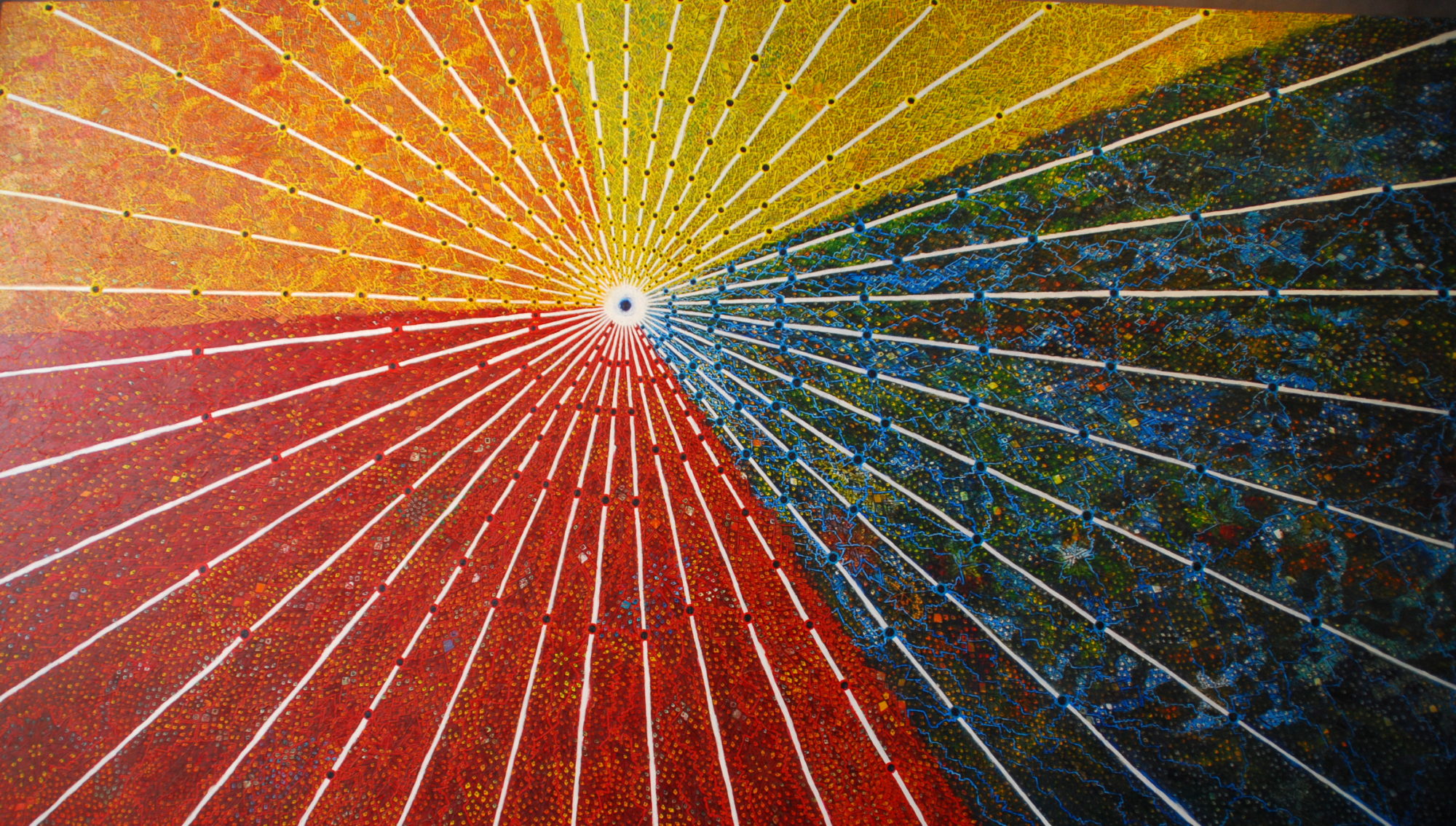Sometimes change seems to happen at a slower than snail pace. Other times change seems to burst forth suddenly. The world can be a staid place. It can also be extremely volatile.
For many years, Kenya has been considered one of the most stable countries in Africa. Sure, Nairobi is a fairly dangerous city, and many Kenyans suffer from a lack of things we would consider basic necessities. Undoubtedly, Kenya is part of the developing world. But politically it has been stable, avoiding the troubles that plague many African nations: civil wars, despotic rulers, and violent rebel armies. Democracy seemed to have taken root. Corruption, on an African scale, was minimal. When Americans considered traveling to Africa, Kenya was often at the top of the list of places they might go.
But suddenly, our perceptions have been challenged. The results of the recent presidential election (which international monitors are now questioning the legitimacy of) sent the country into a spiral of violence. As I’ve followed the news, what I’ve found so disturbing is the way in which a dispute over election results has transformed into ethnic violence, pitting members of native ethnic groups or tribes that have been living together peacefully for years against each other. A large amount of the violence seems to be directed by members of the Kalenjin tribe against members of the Kikuyu tribe. Though my knowledge of Kenyan tribal history is practically nil, my understanding is that the Kikuyu are currently in power, while the Kalenjin consider themselves historical owners of the land.
In this Washington Post article from today’s newspaper, one of the survivors from the church that was set aflame while it was packed with Kenyans (most Kikuyu) fleeing the violence described the attack and then noted that the most disturbing thing for him was looking out into the mob that was attacking and seeing a man named Paul, who he described as “my neighbor, my friend.” For anyone familiar with the Rwandan genocide, the similarities are haunting.*
It is scary to see what lies beneath the surface and to witness how fragile peace can be.
As for us and our trip, what does this mean? At this point, nothing, really. We probably won’t make it to Kenya until just a little less than a year from now. Much can happen in that amount of time, and it’s futile to speculate. For now, this is a reminder that things can change quickly, that our itinerary will never be set in stone, that a place that was once a certain must-see could become a must-miss. While we are anxious to see as much of the world as we can, and while we won’t be deterred by idle and baseless fears, we do value our lives and safety and will never knowingly put ourselves in a dangerous situation.
Let us all hope and pray that the violence soon ends in Kenya.
*If your knowledge of the Rwandan genocide is limited, I highly recommend that you read General Romeo Dallaire’s Shake Hands with the Devil. I discussed this book on Spargel in May 2005.

It’s scary to think how quickly human beings can revert to violent, blood thirsty animals. I don’t think it even matters what part of the world you live in, it can happen anywhere. We’re just lucky that we have a good infrastructure and can usually quell violence quickly in the US.
I read that book once. It took me a summer of morning and afternoon commutes on the D.C. Metro, but I finished it. That’s actually an impressive pace for myself.
I don’t know much on Kenya’s history but it seems as though a lot of the “disputes” (be it violent or nonviolent) that arise in African politics are based on either:
A) The historically “powerless” running the country to the dislike of the historically “powerful”, as it seems the case in Kenya
or
B) The ethnic minority running the country to the dislike of the ethnic majority, as was the case in Rwanda.
And ultimately I think both cases are the result of European colonization of the continent in the 1800 and 1900s. The Europeans raped the African continent and then left in in shambles, with most of the country not gaining independence until after World War II. Most of the times the countries were left with puppet governments created by the colonizing Europeans. It seems as though the continent is always a ticking time bomb.